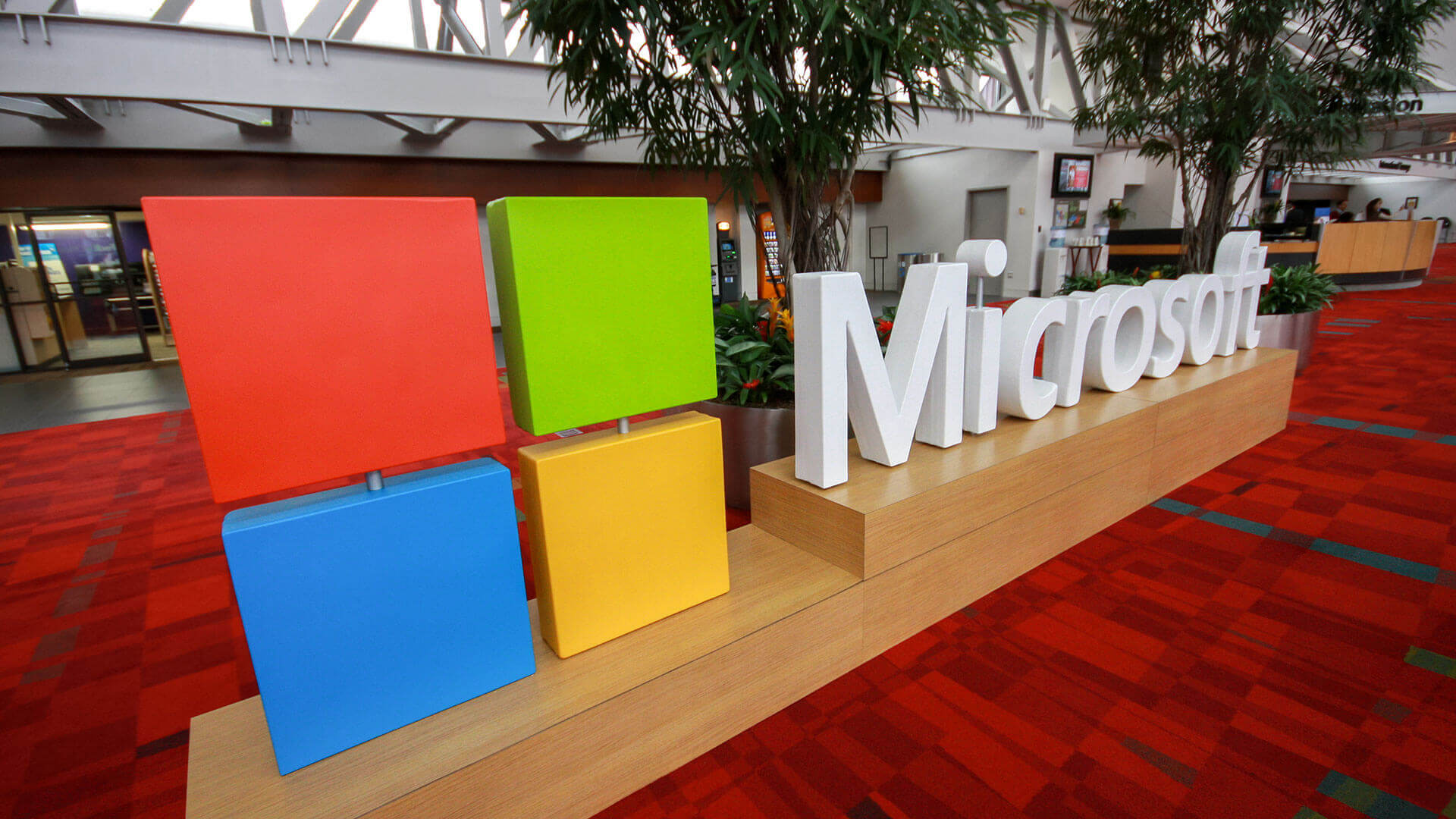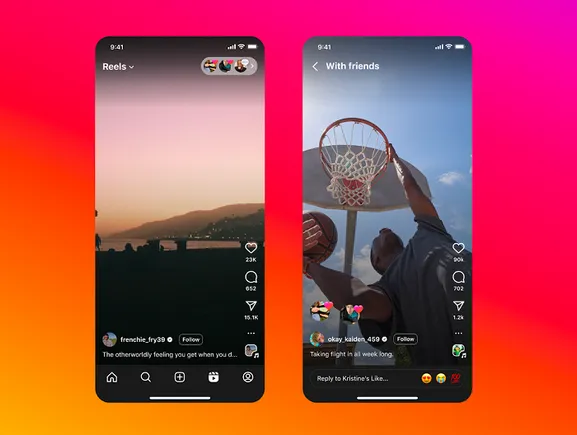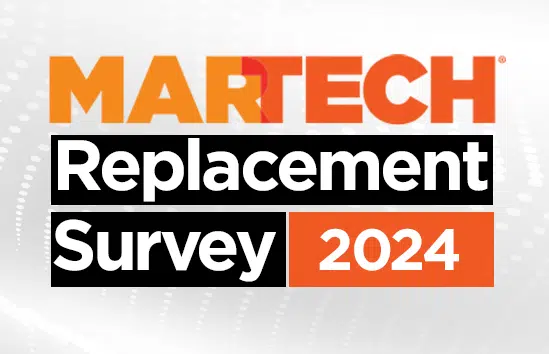TikTok implemented new restrictions on ads targeting U.S. teens and introduced AI disclosure requirements for advertisers.
Why we care. These changes aim to protect younger users and increase overall ad transparency, potentially impacting how advertisers reach and engage with TikTok’s audience. It’s also an example of a social platform choosing to build stronger guardrails for user privacy rather than having those guardrails imposed on them by legislators.
Key changes. TikTok announced the targeting restrictions as well as a tool to make it easier for advertisers to comply with the platform’s requirement that AI-generated content be labeled as such. Advertisers can now only target teens using broad options like location, language and device info. Users also gain more control over ad interests and off-TikTok data sharing.

The big picture. TikTok is aligning with industry trends to protect user privacy and increase transparency, following similar moves by platforms like Meta. With about 25% of TikTok’s audience under 20, these changes could significantly impact advertising strategies.
The restrictions on teen targeting could challenge any brands that rely heavily on this demographic, forcing them to adapt their strategies.


























































![Social Media Spring Cleaning [Infographic] Social Media Spring Cleaning [Infographic]](https://imgproxy.divecdn.com/9e7sW3TubFHM00yvXe5zvvbhAVriJiGqS8xmVFLPC6s/g:ce/rs:fit:770:435/Z3M6Ly9kaXZlc2l0ZS1zdG9yYWdlL2RpdmVpbWFnZS9zb2NpYWxfc3ByaW5nX2NsZWFuaW5nMi5wbmc=.webp)
![5 Ways to Improve Your LinkedIn Marketing Efforts in 2025 [Infographic] 5 Ways to Improve Your LinkedIn Marketing Efforts in 2025 [Infographic]](https://imgproxy.divecdn.com/Hv-m77iIkXSAtB3IEwA3XAuouMwkZApIeDGDnLy5Yhs/g:ce/rs:fit:770:435/Z3M6Ly9kaXZlc2l0ZS1zdG9yYWdlL2RpdmVpbWFnZS9saW5rZWRpbl9zdHJhdGVneV9pbmZvMi5wbmc=.webp)












